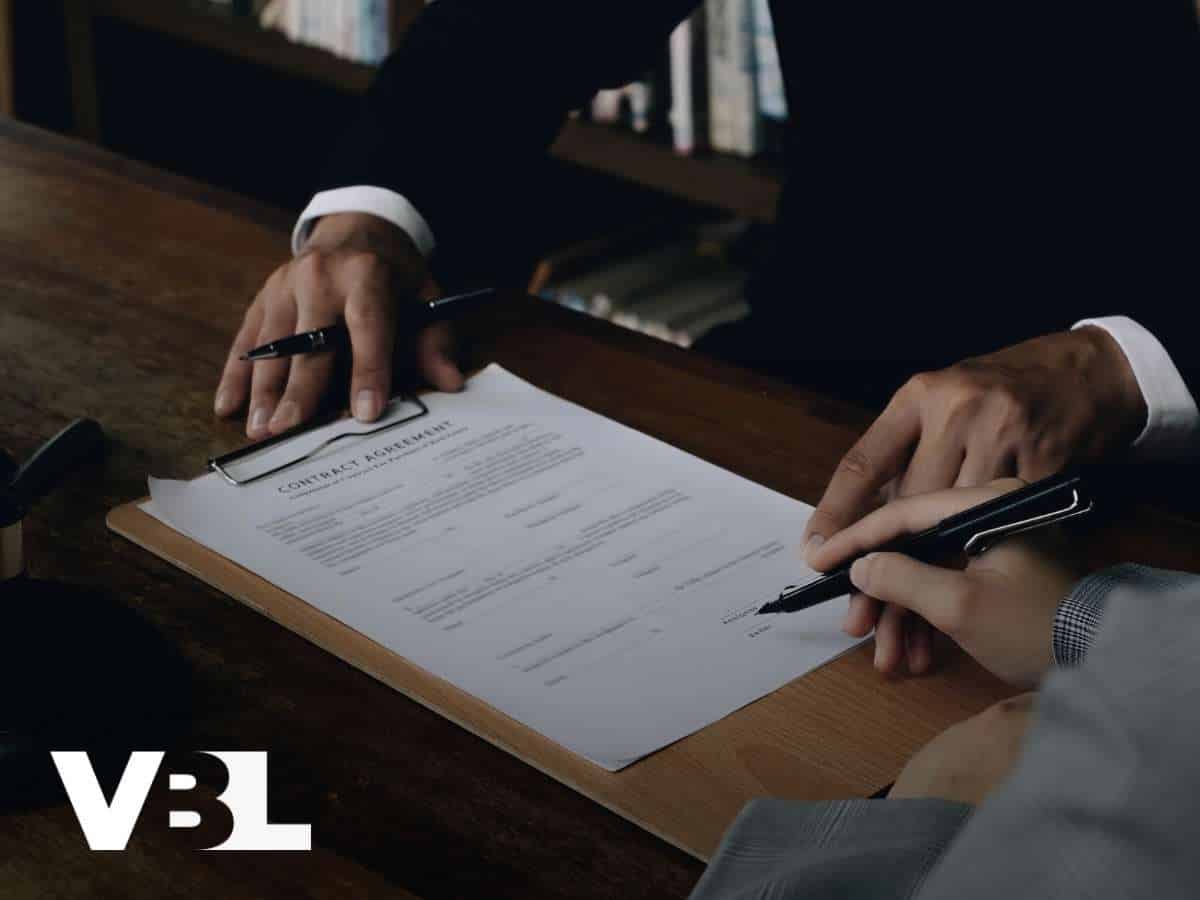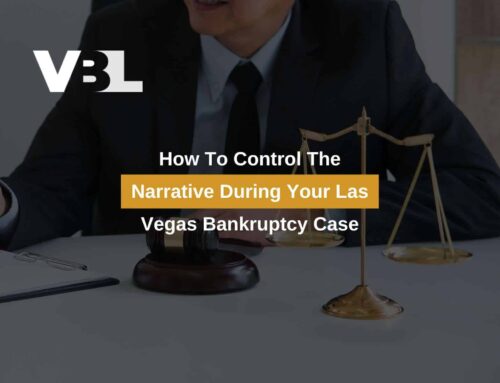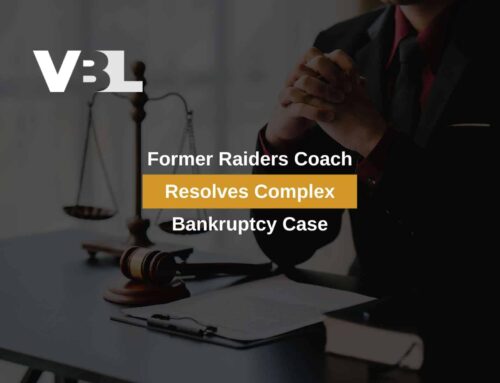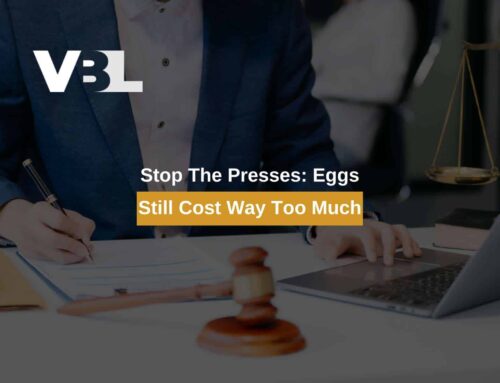Nevada Utility Bills & Bankruptcy
Preventing Utility Companies From Cutting Off Services
Have you been thinking about declaring bankruptcy? If so, there are probably at least one or two bills you have that are past-due. Some bills are easier to ignore than others. If you go too long without paying your utility bills, you and your family could be left without electricity, wi-fi, gas, and more. The secondary consequences of losing these utilities could put you in an even deeper financial hole. When it seems like you have nowhere to turn, bankruptcy may be able to help. Filing bankruptcy provides debtors with enormous protections, including preventing utility companies from shutting off services. But it can also create issues with receiving utility services after your case has been discharged. To learn more, call 702-370-0155 to schedule your free consultation with a member of our dedicated Nevada bankruptcy team.

What Happens To My Utility Bills If I File Bankruptcy In Nevada?
This all depends on the type of bill, your payment status, and the chapter of bankruptcy that you choose to file. Most people in Nevada choose between Chapter 7 and Chapter 13 bankruptcy. Filing bankruptcy doesn’t wipe out your obligation to pay ongoing utility bills- for example, you can’t file bankruptcy, stop paying your electricity bill, and expect the lights to stay on. Keep paying the bills for services you intend to continue using whether you file Chapter 7 or Chapter 13 bankruptcy. Your Chapter 13 bankruptcy plan will only include past-due bills, so you need to keep paying your bills separately to keep your utilities running. The amount you pay for bills each month should have been factored into your plan when calculating your disposable monthly income. Talk to an experienced bankruptcy attorney about what your plan payments may be by calling 702-370-0155.
How Utility Bills Impact The Means Test
The means test is important whether you file Chapter 7 or Chapter 13 bankruptcy in Nevada. You might need to use it to qualify for Chapter 7 if your income exceeds Nevada’s state median income. You also can’t pay more into your Chapter 13 payment plan each month than disposable monthly income you have available.
The first thing you need to do for the means test is determine your average monthly income based on the past 6 months. If you are married, you also need to include your spouse’s income. You will then deduct monthly expenses up to limits deemed reasonable by the IRS. This includes your car and house payment, child and spousal support, utilities, transportation, taxes, out-of-pocket medical expenses, and more. The number you reach is called your disposable monthly income, and you will qualify for Chapter 7 bankruptcy if it is negative. You will also qualify for Chapter 7 bankruptcy if the means test results show that you wouldn’t be able to pay off at least 25% of your unsecured debts in a Chapter 13 payment plan. The means test can be complicated to calculate and errors could cause serious issues in your bankruptcy case. You should be absolutely sure it has been done correctly if you are relying on the means test for Chapter 7 qualification purposes or filing Chapter 13. Call 702-370-0155 for your free consultation with a skilled Nevada bankruptcy lawyer, including assistance conducting your means test.
Can The Utility Companies Shut Off My Services After I File Bankruptcy?
While your bankruptcy is in good standing, you are protected by what is known as the “automatic stay.” The automatic stay severely restricts your creditors’ rights to collect upon your debts. For example, your mortgage lender can’t foreclose your home and your auto lender can’t repossess your vehicle while you are protected by the automatic stay. A creditor can’t proceed with a lawsuit against you, and if they already have a judgment against you, they can no longer garnish your wages. The automatic stay can also prevent bank account levies and evictions in certain phases. The automatic stay even stops your utility providers from turning off your power, water, and more.
You need to keep your bankruptcy in good standing if you want to make sure the automatic stay doesn’t lapse and allow your utility providers to turn off services. There are several things that could cause your trustee to dismiss your case, ending your protection from the automatic stay. You may have filed the wrong chapter of bankruptcy based on your income level. The trustee could find evidence of things like preferential payments or unreasonable pre-bankruptcy spending and dismiss your case if you take too long to provide documentation regarding that. You might fail to submit your credit counseling course completion certificate, or your utility provider could file a motion for relief from the automatic stay. You could even make a typo on your creditor mailing matrix that prevents your utility provider from receiving notice of your filing and the automatic stay. A bankruptcy attorney can help prevent you from making all these common mistakes and more.
Do I Need To Keep Paying My Bills After Bankruptcy?
Bankruptcy won’t wipe out your obligation to pay all your bills, only the debts that have been discharged. For example, whether you change phone providers due to discharging your phone bill through bankruptcy, you will need to continue paying your phone bill after bankruptcy in order to continue receiving service. But all your credit cards will be discharged in your bankruptcy, so you won’t have credit card bills to pay until you open new ones. You will need to continue your car payment after a Chapter 7 (or make payments on your new vehicle if you used this opportunity to surrender your old vehicle), but your vehicle will be paid in full after a Chapter 13 bankruptcy. You will need to continue paying your mortgage or rent, but don’t need to continue making payments for a rental balance from an old apartment or a deficiency balance from a home foreclosure. You also will need to pay for medical bills going forward, but any incurred before the date your petition was filed should be discharged. Your bankruptcy attorney can go over which bills you need to continue paying after discharge with you.
After a Chapter 7 bankruptcy, you may have discharged your obligation to pay a utility bill but be left in an unfortunate situation in which you only have one choice of provider where you live. Here, even though you are no longer liable for your utility debts, you may have to pay off the balance with the utility company post-bankruptcy to resume services.
Affordable, Reliable Nevada Bankruptcy Representation
Home utilities are so important for every part of your family’s health and wellness, like hygiene, nutrition, access to education, and more. That’s why it’s so crucial that your petition is filed at the right time and without errors. Filing your bankruptcy on your own may cost less but increases the risk that you make any of the countless mistakes that are possible in a bankruptcy filing. Plus, you might be surprised at your ability to afford a high-quality Nevada bankruptcy attorney. At, Las Vegas Bankruptcy Lawyers We offer payment plans that allow you to pay your fees after your case has been filed- you may even qualify to file for no money down! Call 702-370-0155 or fill out our online form to speak with an experienced member of our Nevada bankruptcy team today.

Las Vegas Bankruptcy Lawyers
LAS VEGAS
7251 W Lake Mead BLVD #300
Las Vegas, NV89128
Office: 702-879-2499
Email: [email protected]
HENDERSON
1489 W Warm Springs Rd. Ste 110
Henderson, NV 89014
Email: [email protected]
Additional Information at:
Phoenix Bankruptcy Lawyer
Phoenix DUI Lawyer
Chandler Bankruptcy Lawyer
Vegas Zero Down Bankruptcy Attorney
Gilbert Bankruptcy Lawyers
Arizona Zero Down DUI
AZ Bankruptcy Lawyer
















